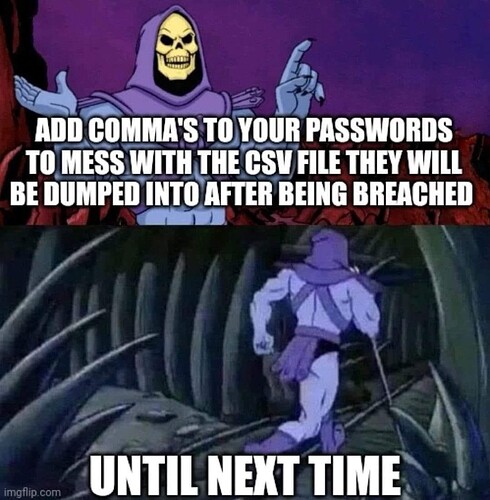It is important to distinguish the 4 objectives and not conflate them together:
- Cybersecurity
- Scams
- Privacy
- Anonymity
Cybersecurity is the protection of your fort (devices and online accounts) to ensure that no one breaks into it. Consequences of having someone break into your fort includes loss of privacy (e.g. spyware), anonymity, money (e.g. unauthorised banking transactions) and damage & destruction (e.g. ransomware).
Scams - Nowadays, with sophisticated scams running amok, this is a whole new category. The big difference between scams and cybersecurity is that in cybersecurity, you are protecting against unauthorised transaction (e.g. a malware running in your phone, hackers guessing your passwords). In general, banks will cover you in case of unauthorised transaction.
In scams, you are protecting yourself from yourself making authorised transactions to scammers. This is a big problem in Australia because banks are not obligated to recompense you against authorised transactions. So, Australia is a magnet for scammers.
Privacy is basically keeping information about yourself and your business confidential.
Anonymity is basically to keep your identity private while you conduct conversations and business openly on the Internet.
Who is your adversary?
And then, when you consider the 3 objectives, you need to define who the adversary you want to protect against.
In cybersecurity, if you are primarily concerned about hackers and cybercriminals, it is relatively easy. If you are concerned about state-sponsored hackers, then it is very difficult.
In privacy, if you primarily concerned about Big Tech, then it is relatively easy. If you are concerned about Big Brother, then it is very difficult.
In anonymity, if you are concerned about keeping your anonymity from fellow citizens, then it is easy. Against Big Tech, it is much harder, but still possible. But if you want to be anonymous from the government, then it is extremely hard, in fact impossible.
What are the capabilities of Big Brother?
I recommend people watch the reality-TV series called Hunted, which is shown in Australia. In this show, a group of ‘fugitives’ (reality TV show contestants) were released in Melbourne’s Docklands. They were given 21 days to evade capture by an elite team of investigators (working for governments and elite companies used by governments) called the Hunters. At the end of 21 days, the ‘fugitives’ who can beat the ‘Hunters’ will win a big prize money.
I casually know one of the Hunters.
I’m not sure whether this show can be streamed to the US, but if it can’t, you need to VPN to Australia.
This show gives you a glimpse of the capabilities of Big Brother. It is chilling!!!
P.S. In one of the episodes, it shows that the Hunters can see what the fugitive was searching on Google. I asked one of the Hunters, how could that be possible since all Google search are encrypted with TLS nowadays. I couldn’t get the answer from him that comports with publicly known security architecture of TLS. My only conclusion is that this is only technically possible if Google is in cahoots with the government by sharing the private key of their cryptographic certificates with them.
